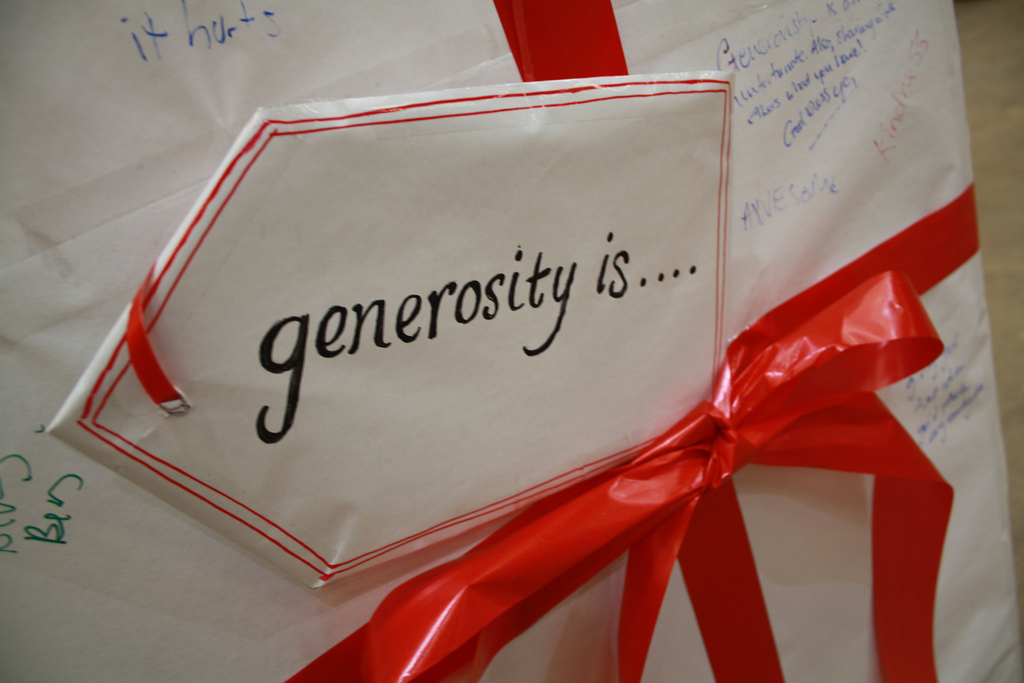November 8, 2012
By Phil Maynard
It would seem to be a ‘no-brainer’. If we’re going to connect with our community, engage our community, and make a difference in our community we have to ‘know’ our community.
I am discovering however that ‘knowing’ the community is not always the case for congregations.
A while back, a District Superintendent asked me to work with a congregation which had entered into a tailspin. Nothing seemed to be working for them.
As I met for the first time with the leadership team, the children’s ministry coordinator gave a lengthy account of all the things the church had tried to build a strong children’s ministry. She closed with the statement “we know if we are to be a healthy church we have to do children’s ministry well’. This is certainly a topic for another blog!
As we worked our way through a discovery process (Discovering the Possibilities) that included a demographics study (MissionInsite) it became clear that even though there were two new schools in the immediate area (elementary and middle) there were a very small percentage of families with school-age children.
That, of course, didn’t make much sense.
So, the congregational leadership did some additional research. They sent out teams to interview the local school principles, local government officials, and other community leaders.
What they discovered was that children were being ‘bused’ in from surrounding communities to schools that had been built in anticipation of growth in the community. That growth didn’t happen, probably due to current economic conditions.
It’s hard to build a children’s ministry when there are no children!
Community interviews are a significant part of any congregation’s efforts to ‘get to know’ their community. Demographics are great, but nothing beats the personal contact.
I use the following simple format:
Who might be helpful to interview? Think of persons who would be able to give you insights into community trends and needs. Such persons in your community might include:
• Mayor
• Councilmen or women
• Police Chief
• Fire Chief
• Home Owner’s Association
• Realtors • School principals
• Hospital administrator
• Social Service agencies
• Pastors of other congregations
• Chamber of Commerce
• Neighbors in your community
Who should make the interviews? Involve people in the interviews who will represent the congregation well and who will be at ease speaking with community leaders. It also needs to be people who are able to ask leading questions and then listen and learn from what they hear.
Keep the interviews simple: The purpose of the interview is to listen. After greetings, give a simple explanation that your congregation is conducting a series of community leader interviews to discover ways in which they can be of greater service to others. Then ask the community leader the following open-ended questions and let them talk. The first question is designed to be an easy ice breaker:
• What do you like most about living in this community?
• What are the greatest needs that you see in our community?
• How might the church be of service to you and/or the community?
• Where do you already see people coming together to make good things happen?
Preparing the Community Interviews Summary Report: Since this is a summary report, keep it to no more than one or two pages. After listing who was interviewed and by whom, briefly share key discoveries around the following three questions:
• What are the greatest unmet needs in our community?
• Where might our congregation be a blessing to the community?
• Where is God already at work through others that the congregation might choose to support?
How might the ‘community interviews’ tool be used by congregations under your influence? How could you encourage this?
Resources Mentioned:
MissionInsite: a demographic tool that provides an amazing amount of information about your community. Check out www.missioninsite.com .
Discovering the Possibilities, a tool for facilitating discovery about the current realities of congregational life and the ministry potential of the congregation in the surrounding community. Published through www.emc3coaching.com .





Leave A Comment